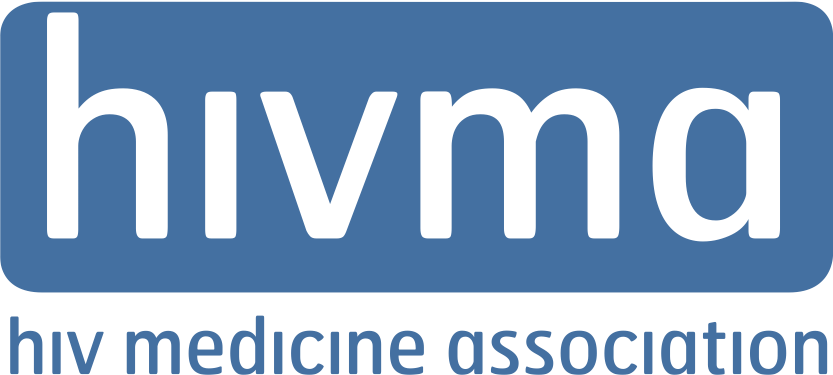Health Care Providers Must Encourage Equitable Access to COVID-19 Antiviral Treatments
People who may be most in need of antiviral treatment for COVID-19 may not be receiving it because of where they live, according to a recent report from the U.S. Centers for Disease Control and Prevention. The study showed that doses of antivirals molnupiravir (Lagevrio) and nirmatrelvir/ritonavir (Paxlovid) dispensed were lowest in “high-vulnerability” ZIP codes, despite these ZIP codes having the largest number of dispensing sites.
The federal government, health care systems, public health officials and clinicians need to take additional steps to ensure equitable access to these antiviral therapies. These include:
- Ensuring everyone who tests positive for COVID-19 can be quickly connected with a clinician who can evaluate whether they would benefit from an antiviral and prescribe one if appropriate.
- Heightening efforts to reach underserved, high-risk communities, including through telehealth, mobile clinics, co-locating testing and access to therapeutics, and increasing support for community health centers and other clinics and pharmacies located in underserved communities.
- Expanding clinician education, focusing on clinicians who care for underserved communities, so all frontline providers have information they need to appropriately prescribe antivirals and manage drug interactions.
- Partnering with trusted community-based organizations in underserved communities to expand public education to increase awareness of the benefits of antivirals and the importance of contacting a health care provider right away upon a positive test result.
- Ensuring that accurate and up-to-date information is available on where and how to access antivirals with a focus on underserved communities.
Longstanding health inequities continue to hamper our COVID-19 response, and we must redouble our commitment to health equity to ensure that everyone with mild to moderate COVID-19 symptoms at risk for progression to severe disease has access to antiviral therapies.
-- Daniel P. McQuillen, MD, FIDSA – President, Infectious Diseases Society of America
-- Marwan Haddad, MD, MPH – Chair, HIV Medicine Association
About IDSA
The Infectious Diseases Society of America (IDSA) is a community of over 12,000 physicians, scientists and public health experts who specialize in infectious diseases. Our mission is to improve the health of individuals, communities, and society by promoting excellence in patient care, education, research, public health and prevention relating to infectious diseases. Learn more at https://www.idsociety.org.


